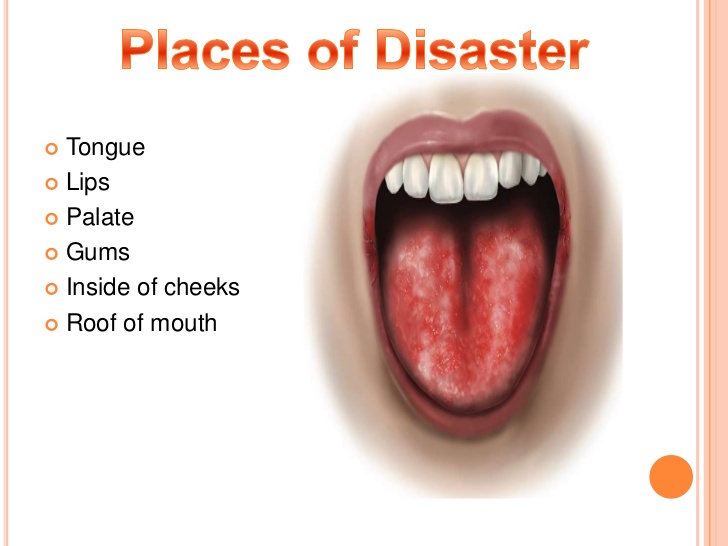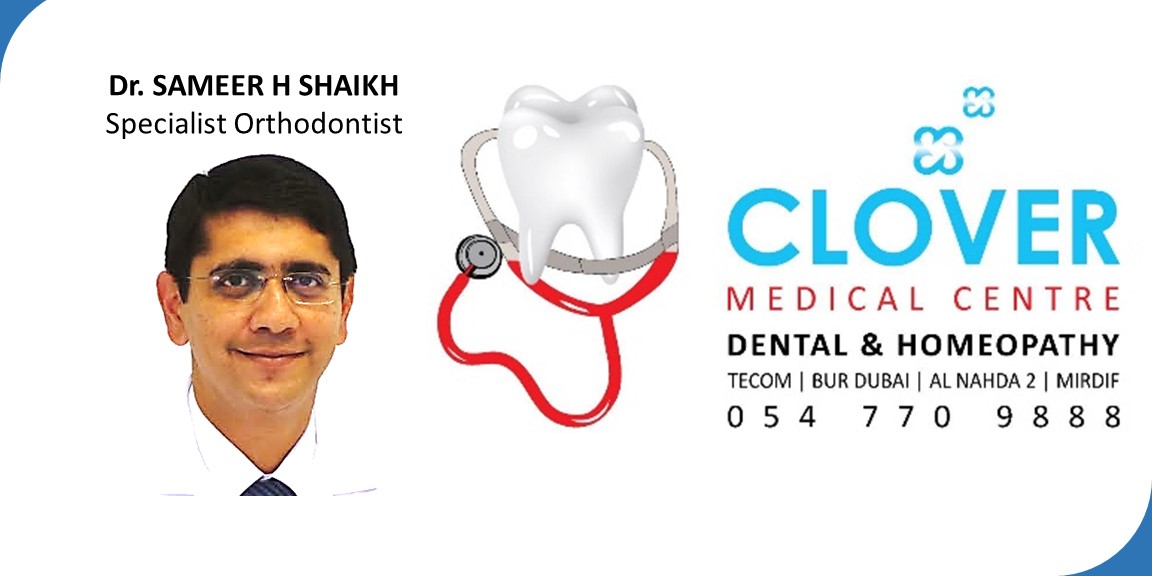How to Manage Burning Mouth Syndrome

Burning Mouth Syndrome can literally be a pain. Depending on the cause, though, a variety of treatment options do exist.
Everyone has sipped a too-hot cup of coffee or dug into a bowl of soup too soon and scalded the mouth and tongue. Unpleasant, yes, but fortunately temporary. However, if you feel that sensation all day every day, you might be living with a condition called burning mouth syndrome.
BMS… most often strikes the top of the tongue, lower lip, and roof of the mouth. Besides the burn, you may also experience a dry, gritty feeling in your mouth and changes in your taste buds.
Burning Mouth Syndrome: Looking for the Source
“The cause of burning mouth syndrome is currently unknown, but research has shown that this is a neuropathic condition. It seems that the patient’s nerves are not sending or processing information correctly – there’s a short circuit in the nervous system and the brain can’t turn off the pain receptors.”
Besides general damage to the nerves, other possible culprits behind this ailment include:
- Nutritional deficiencies, specifically a lack of iron, zinc, and vitamin B12
- A dry mouth, which can be the result of another medical condition, such as diabetes or Sjögren’s syndrome, or a side effect of various medications
- Hormonal changes (women in menopause and postmenopause are much more likely to get it)
- An oral fungal infection called oral candidiasis
- Acid reflux
- Sensitivity or an allergy to dentures or ingredients in certain toothpastes and mouthwashes
There may also be a link between anxiety and depression and burning mouth syndrome, though more research is needed to determine whether these conditions can cause the mouth burn or whether the physical symptoms themselves lead to difficulty sleeping, depression, and anxiety.
Burning Mouth Syndrome: Treatment Options
First steps toward finding a reason for your mouth burn include a physical exam and a review of your medical history by your primary care physician. Tests may include blood work to check for nutritional issues such as vitamin deficiencies, infections, and conditions like diabetes or thyroid issues; a mouth swab to rule out oral candidiasis; and allergy testing.
The treatments mainly depend on the cause….If the cause is dry mouth, either locally acting medications for the dry mouth or systemic medications can serve as treatments. If the cause is vitamin deficiency, treatment can include vitamin supplements. If the burning mouth started when changing toothpaste or mouthwash, discontinue them.
Addressing any underlying disorder your doctor finds, like diabetes or a thyroid problem, or switching medications if the burn is a side effect should help. For some people, medications to treat anxiety, depression, or oral candidiasis or simply to help relieve pain from nerve damage can also be beneficial.
Finally, there are easy self-care steps you can try. Drinking water regularly and chewing
sugarless gum may alleviate symptoms. Avoid tobacco (always a good idea) and alcohol as well as spicy, hot, or acidic foods.
